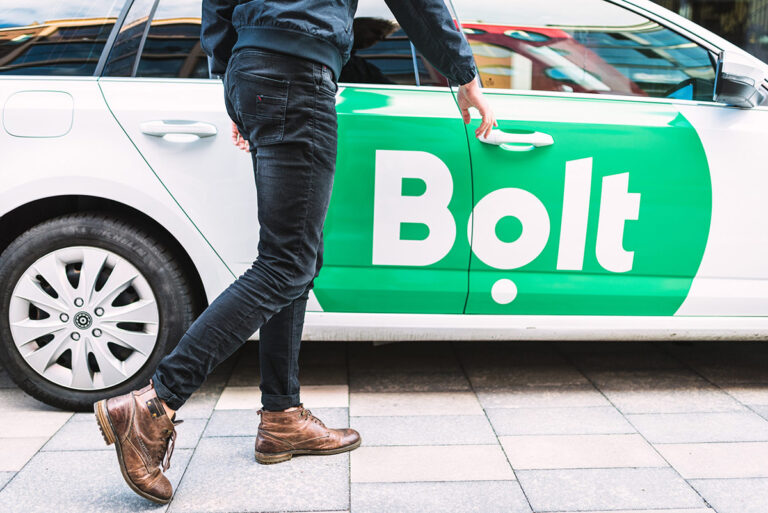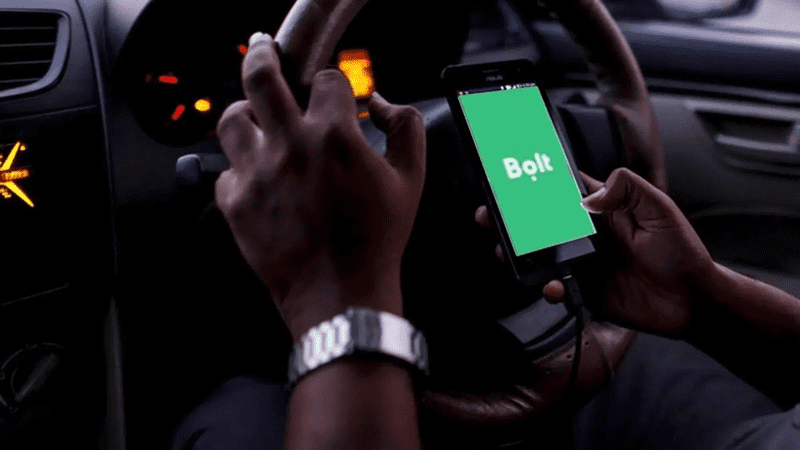The Lagos ride-hailing sector is once again under the spotlight after the Amalgamated Union of App-Based Transporters of Nigeria (AUATON) accused Bolt of implementing a 50% fare cut, significantly impacting drivers’ earnings.
Steven Iwindoye, the union’s Lagos State Public Relations Officer, warned of a possible mass protest if the alleged fare cut isn’t reversed.
However, in exclusive interviews with Nairametrics, Bolt drivers Christian and Evans Nwokoro refuted the claim.
They stated that they have not transported any passengers who received a 50% discount, clarifying that the discounts are part of a loyalty programme rather than a blanket fare reduction.
With rising fuel prices and operational costs, fare adjustments remain a pressing issue for Nigerian ride-hailing drivers.
The current dispute underscores ongoing concerns about pricing transparency, fair compensation, and the balance between offering customer incentives and ensuring drivers’ earnings.

Christian, a Bolt driver with over five years of experience, explained that the loyalty discounts are targeted at long-time customers and are factored into the company’s 25% commission.
He also noted that Bolt provides performance-based incentives, such as fuel subsidy bonuses, for long-term drivers who meet specific trip targets.
Evans Nwokoro, who has been driving for Bolt for six years, also confirmed that discounts vary depending on the passenger’s history with Bolt rather than being fixed percentages. Nwokoro shared his personal experience of receiving a 20% discount on his rides despite infrequent use of the app.
The dispute between AUATON and Bolt has intensified, with the union accusing Bolt of prioritising profits over driver welfare.
Bolt responded by denying the 50% fare cut, clarifying that fares are based on various factors such as start rates, distance, and surge pricing, but emphasised that the company has not introduced a blanket fare reduction.
AUATON’s President, Ayoade Ibrahim, acknowledged concerns over fare reductions but clarified that any potential protests would follow the union’s established protocols.
The union has been negotiating with Bolt and plans to notify the Nigeria Labour Congress (NLC) and the Ministry of Labour about its next steps.
Despite the drivers’ assertions that no blanket fare cuts have been implemented, challenges persist.
Nwokoro noted that since the fuel subsidy removal, Bolt’s 25% commission has made it increasingly difficult for drivers to maintain their vehicles.
In addition, some drivers have resorted to offline deals with passengers, retaining 100% of the fare if the passengers agree, as a way to bypass the financial strain caused by high commissions and rising costs.


 Trending
Trending 